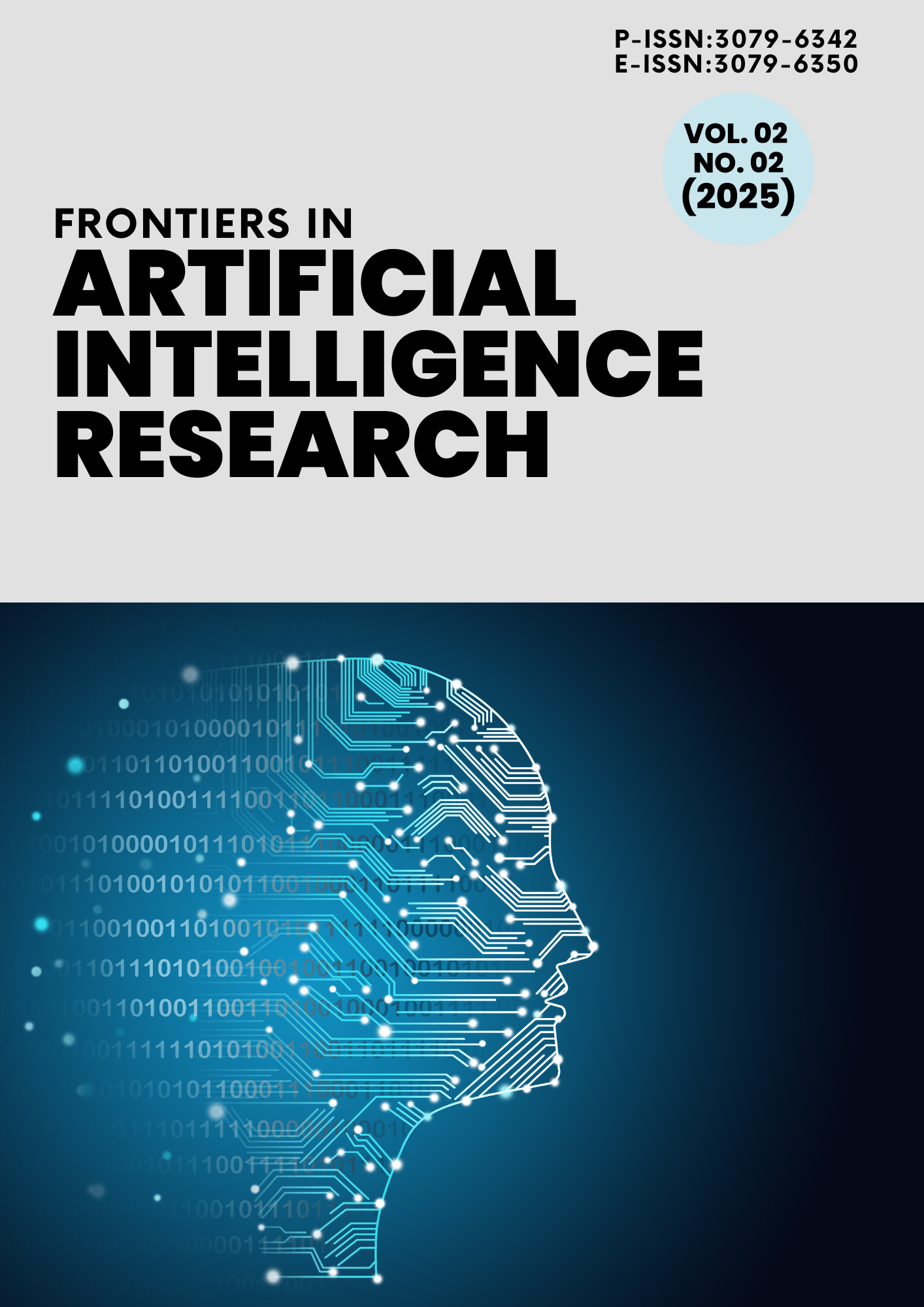A Neural Adaptive Assessment Framework for Real-Time Knowledge Estimation
DOI:
https://doi.org/10.71465/fair321Keywords:
Neural Adaptive Assessment, Real-Time Knowledge Estimation, Recurrent Neural Networks, Adaptive Testing, Educational Data MiningAbstract
Real-time knowledge estimation in educational assessment systems requires sophisticated frameworks that can continuously adapt to evolving student knowledge states while providing accurate and reliable measurements across diverse learning contexts. Traditional assessment approaches rely on static models that cannot effectively capture the dynamic nature of learning processes or adapt quickly to changing student performance patterns. The challenge lies in developing systems that can provide immediate, accurate knowledge state estimates while maintaining computational efficiency and educational validity in real-time assessment scenarios. This study proposes a Neural Adaptive Assessment Framework (NAAF) that integrates deep neural networks with adaptive algorithms to enable real-time knowledge estimation in educational environments. The framework employs recurrent neural architectures to model temporal learning patterns while utilizing adaptive mechanisms to continuously update knowledge state estimates based on real-time student interactions. The system incorporates uncertainty quantification techniques to provide confidence measures for knowledge estimates and employs reinforcement learning principles to optimize assessment strategies dynamically. Experimental evaluation using comprehensive educational datasets demonstrates that the proposed framework achieves 43% improvement in knowledge estimation accuracy compared to traditional adaptive testing methods. The neural adaptive approach results in 38% faster convergence to accurate knowledge states and 35% better prediction of future student performance. The framework successfully maintains real-time responsiveness with average processing latency under 100 milliseconds while providing interpretable knowledge state assessments that support educational decision-making and personalized learning interventions.
Downloads
Downloads
Published
Issue
Section
License

This work is licensed under a Creative Commons Attribution-NonCommercial-NoDerivatives 4.0 International License.




